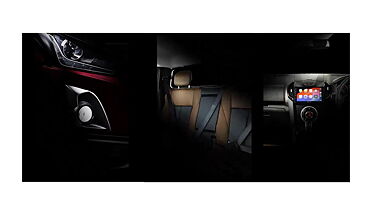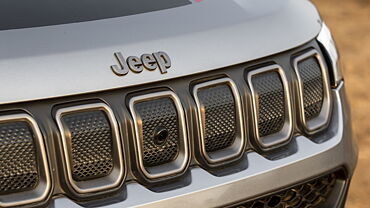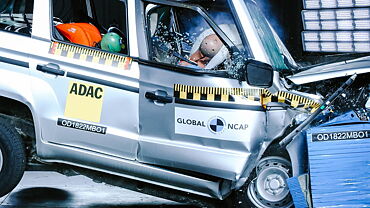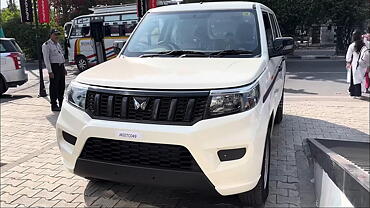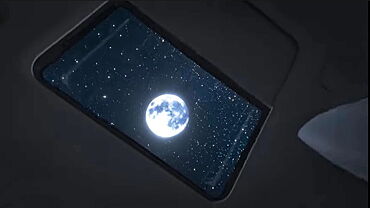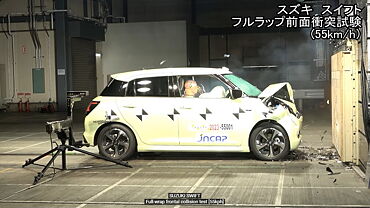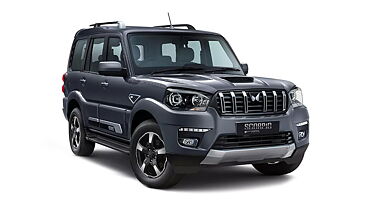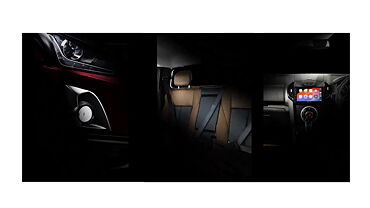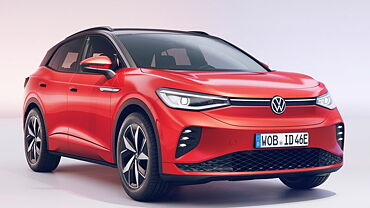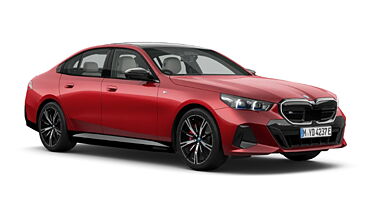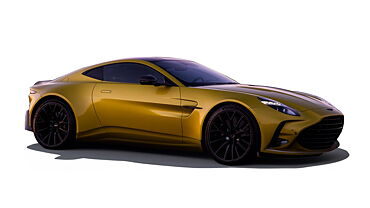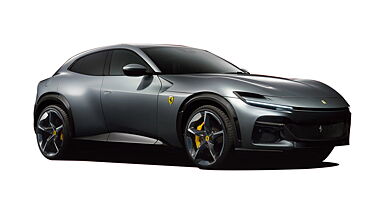Cars in India have been under the scanner for their tail-pipe emissions in the recent past. Last year, some of the most recognized car manufacturers faced a crisis when their well-cultivated reputation was left in tatters over reports of cheat devices to get around existing emissions norms. Then towards the end of the year and the first month of this, new one, the authorities have begun clamping down heavily on vehicular pollution. Given this cloud of doubt over the ability of clean burning conventional fuels, it is only a matter of time before cars here too make the jump to alternative fuels. Which brings us to the SERVe – a Solar car that’s is proof of students achieving their dream of a better, cleaner tomorrow.
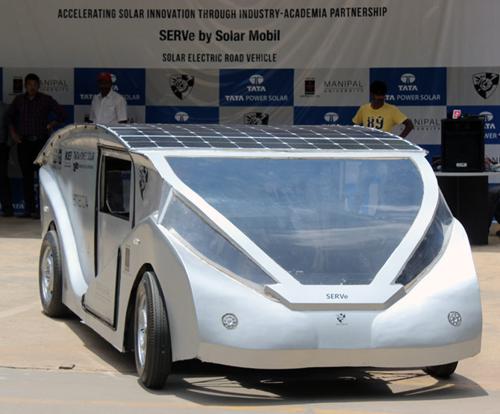
The name stands for Solar Electric Road Vehicle and it is a result of the joint efforts of twenty-seven students from the Manipal Institute of Technology. Part of the SolarMobil team, they received ample encouragement & support in the form of Tata Power Solar which is the single largest integrated solar player in the country.
The SERVe – Solar Car is a design and engineering marvel. It is the result of the student’s interpretation of the needs of a solar vehicle that is both, viable from a commercial point of view, whilst achieving its initial goal of being an alternative fuel, passenger vehicle. They began working on the prototype some five years ago, all the way back in 2011. Weighing under 600 kilograms, the SERVe is quite featherweight for its class. The car has a top-speed of 60 km/h, while it can cruise along at 30 km/h.
The solar panels used on the car are fully customized units, with the flexibility built-in to take the contours of the car. Weighing almost half the conventionally available units, the SERVe generates about 960 watts of power and also uses a Direct Solar Drive system, to maintain set speeds while cruising.
An advanced battery pack results in a 150 kilometre range on each full-charge. The Battery Management System is equipped to monitor individual cells, to ensure complete operational safety. A fast, CAN-bus protocol takes care of the internal systems communication bit. Data management is handled by a Raspberry-Pi, which monitors inputs from the Battery and other powertrain systems.
With the SERVe, one is only starting to get a glimpse of the exciting future ahead for cars in India. Who knows, with the sun shining brightly down on us, we may all be moving around with a solar-panel or two on our cars sometime in the future.



